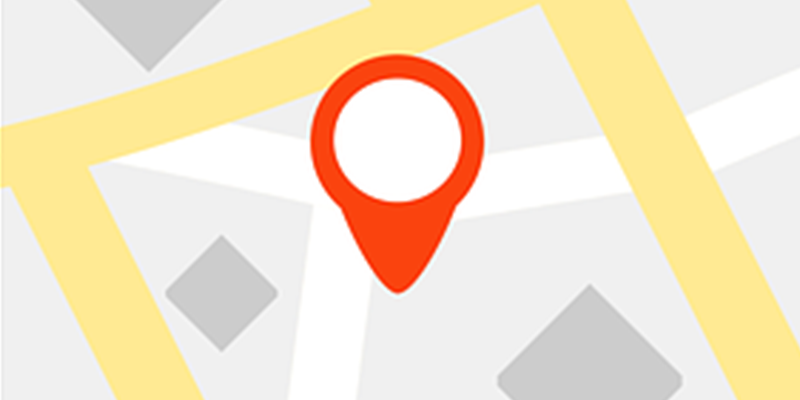Babies and toddlers (0-3 years)

To keep your baby's teeth and mouth healthy, Eat well, Drink well, Clean well and Stay well
Eat well
Don’t put baby to bed with a bottle
Your baby’s main food in the first 6 months of life is breastmilk or infant formula and should be the only thing put into infant feeding bottles. Never put your baby into bed with a bottle as pooling of the milk against teeth at night can increase the risk of tooth decay.
Babies don’t need sugars added to their food
When solid foods are introduced at around 6 months of age, there is no need to add sugar or other sweeteners (such as fruit juice or fruit concentrate). Offering a range of tastes early on, without a focus on sweet tastes, can help children to accept of a wider variety of foods.
Limit foods with added sugars
By 12 months of age, children can eat a range of nutritious foods just like the rest of the family. Offer children foods from the five food groups; vegetables and legumes, fruit, cereals and grains, dairy (or calcium-rich dairy alternatives), and lean meat (or meat alternatives).
Try to limit foods with added sugars as excess sugar consumption can lead to tooth decay and gum disease.
Drink well
Fluoridated tap water is the best drink for oral health
In addition to breast milk or infant formula, from 6 months of age babies can drink cooled, boiled tap water. The fluoride in most of Victoria’s water supply helps to strengthen teeth and protect against tooth decay, right from the first tooth.
To find out if you have fluoridated tap water, see the Is my water fluoridated? webpage (health.vic.gov.au)
From 12 months cow’s milk is also a good option
Cow’s milk is also a great option for children over 12 months of age. Reduced fat milk is not recommended for children under 2 years.
Help your baby learn how to drink from a cup
From around 6 months, you can help your baby learn how to drink from a cup. This is an important skill to learn because when drinking out of a cup, liquids generally spend less time against the teeth where it can feed decay-causing bacteria.
Try to phase out bottles by around 12 months. Moving to a cup/sippy cup can help to reduce the risk of tooth decay.
Babies and children don’t need sweet drinks
Too much sugar can lead to tooth decay and gum disease, so it is best to avoid or limit sugary drinks for kids (e.g. soft drink, fruit juices, cordial). Eating whole fruits for a burst of sweetness is a good alternative.
Never put any sweet liquids in a bottle. Breastmilk, infant formula (or water from 6 months of age) should be the only liquids in a bottle.
Clean well
Start cleaning from the first tooth
As soon as your baby’s first tooth appears, gently brush using a small, soft toothbrush. Or you can wipe with a damp, clean face washer instead. Brush or wipe teeth twice a day with water until your baby is 18 months old.
Even before teeth appear, you can wipe baby’s gums using a damp, clean face washer. This can help get your baby ready for toothbrushing.
Use low fluoride toothpaste from 18 months
From 18 months (until 6 years), brush teeth twice a day using a children’s low fluoride toothpaste. Fluoride is a natural mineral that helps to strengthen teeth and protect them against tooth decay.
After brushing, spit out toothpaste but don’t rinse. The fluoride that stays on the teeth helps to strengthen them and protect against decay.
Children need help to brush
Brushing teeth can be tricky! Toothbrushing is a skill that takes a long time to learn to do well so children need a grown-up's help until about 8 years of age. Taking turns is a great way to help children learn and make sure all teeth are cleaned well.
Take a look at 6 tips to help kids brush for more ideas
Stay well
First dental visit by age 1
Regular dental check-ups are important throughout life and children should have a professional dental check by one year of age. All children under 12 years of age can use public dental services at no cost or low-cost. Families may also choose to see a private dentist or other dental practitioner.
In addition, teeth and mouth can be checked by trained non-dental professionals such as maternal and child health nurses, general practitioners, and Aboriginal health practitioners.




